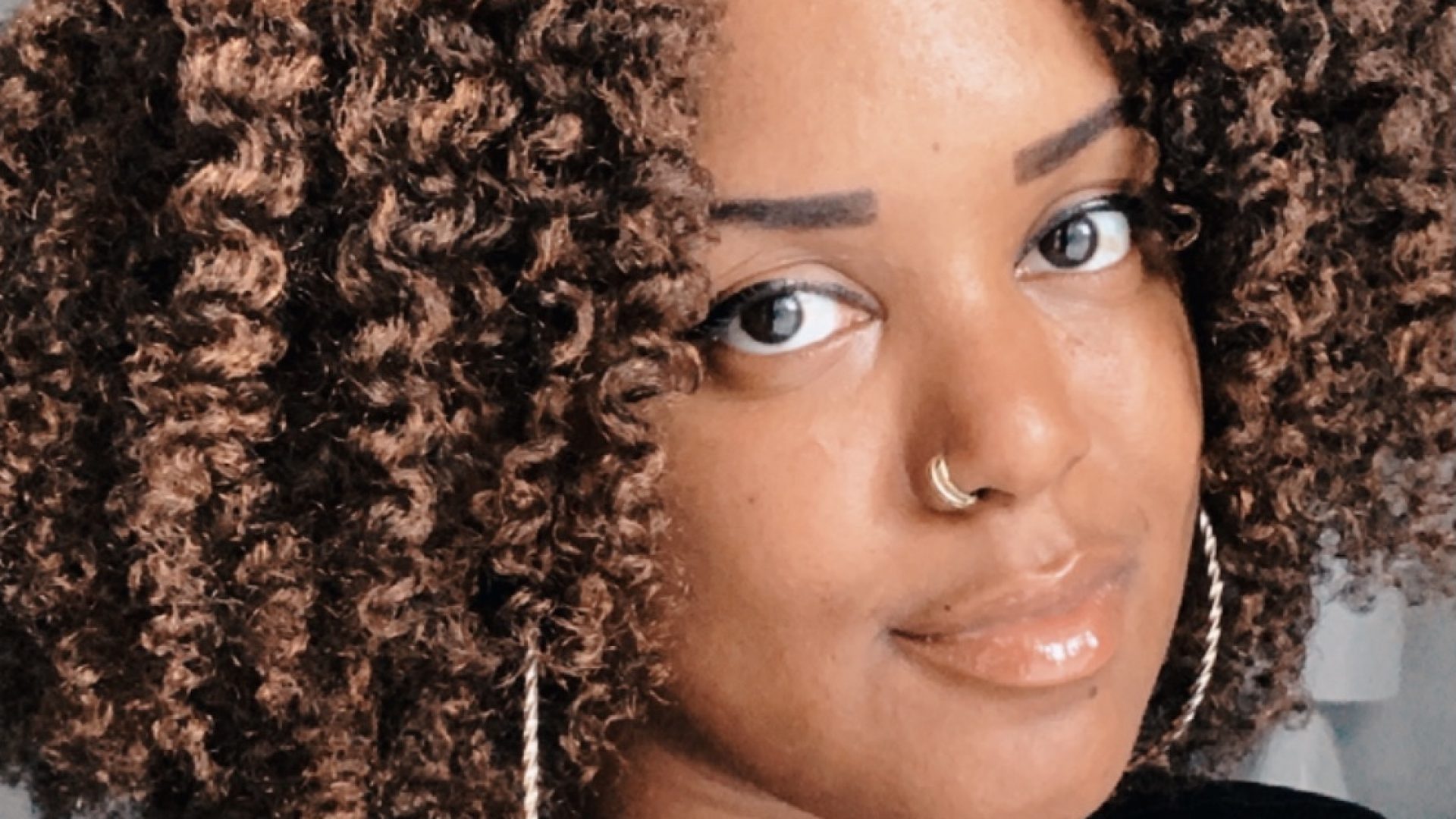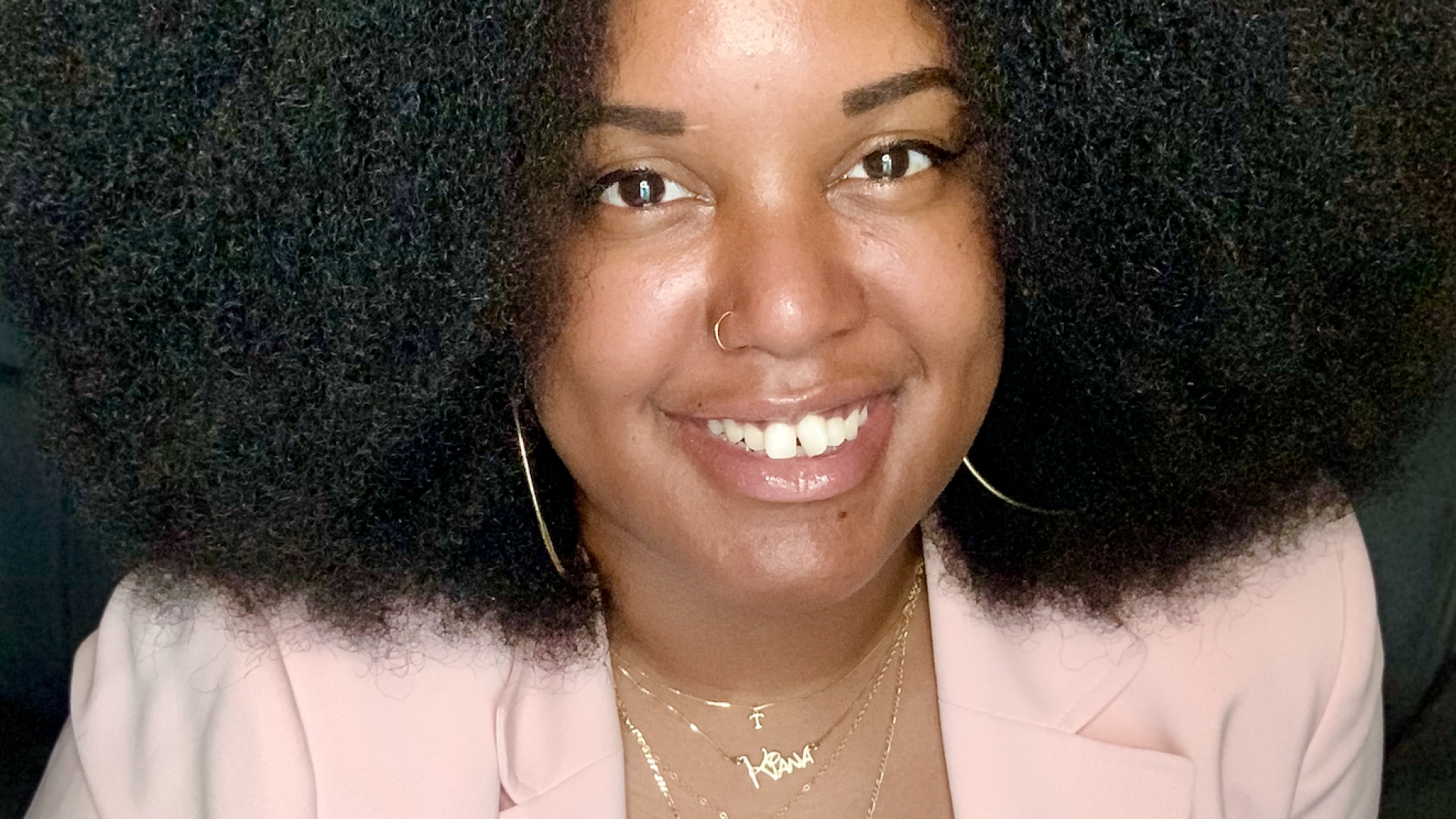
31-year-old Kiana Fitzgerald is a music journalist with work published on Rolling Stone, Billboard, NPR and more. She’s also a popular TikTok user who’s honest about bipolar disorder.
“I kind of started playing around with TikTok late last year,” Fitzgerald says. “Maybe a couple times a week, I talk to my friend Laura about mental health, and one day, she was like, ‘TikTok would be a great place for you to kind of explore what you’re experimenting with personally, just the kind of things that you’re going through.”
Fitzgerald was first diagnosed with bipolar I in 2016.
Her videos, which have explored topics like how bipolar disorder has affected her dating life and included clips of her in manic and hypomanic states, have over 1,000,000 views collectively. “It’s all a part of who I am and I’m not ashamed,” Fitzgerald says as the end of one video. Fitzgerald has also shared hair content and her participation in the “Buss It” challenge, as she wants to share more of her personality online.
Read our piece on the “Buss It” challenge here.
After posting her first video about being bipolar in April 2021, Fitzgerald received 1500 views in a short time span, prompting her to create more content. “I just kept going from there, everyday I would do a new video…Fast forward to today and I’m at almost 11,000 followers and I’m just blown away by the fact that the work that I’m doing is resonating.”
In recent years, celebrities like Mariah Carey and Kanye West (who Fitzgerald wrote about in a 2019 essay for Vibe) have opened up about their bipolar diagnoses, either sparking or continuing conversations about mental health in the Black community. Even still, there is a stigma, with writer W.E. Massoud saying in 2020, “Stigma is prevalent in every group. The Black community is no different. Just like I live with my mental illness every day, I live with my Blackness every day.” Black people should be able to be real about what their lives entail without facing criticism, being told to “pray it away” or being harmed.

One of the focuses of millennials and Generation Z is making work a more pleasant, accepting space and eradicating the aspects of professionalism that do not consider mental health. On TikTok, Fitzgerald’s dialogue about going to work during a manic moment is split into two parts and the first has over a quarter of a million views.
Read Essence’s Generation Z column here.
“Just looking at the comments of that video, I saw one person said that, back in 2013, they went to work and they were fired. They had to go out into Times Square (while experiencing mania) and kind of fend for themselves,” Fitzgerald revealed. She added, “Bipolar doesn’t care about who you are, what you’re doing or where you are. If this happens to someone that you know, you can react in a way that is comforting to them and be like, ‘Let’s call the police, let’s call an ambulance.'”
Knowing how the police have historically treated Black people during manic moments—Walter Wallace Jr., a 27-year-old husband and father, was shot and killed by Philadelphia police after his family called for a medical intervention—makes calling them a horrifying option. “There are other ways to deal with people who are going through an episode and eventually, if they need to go to hospital, that’s fine,” Fitzgerald says.
Overall, Fitzgerald just wants to share her life to show people that they aren’t alone. “My purpose is to bring awareness,” she said. She knows how much can be done by discussing her full self and is focused on giving others the fuel to be radically honest, too.